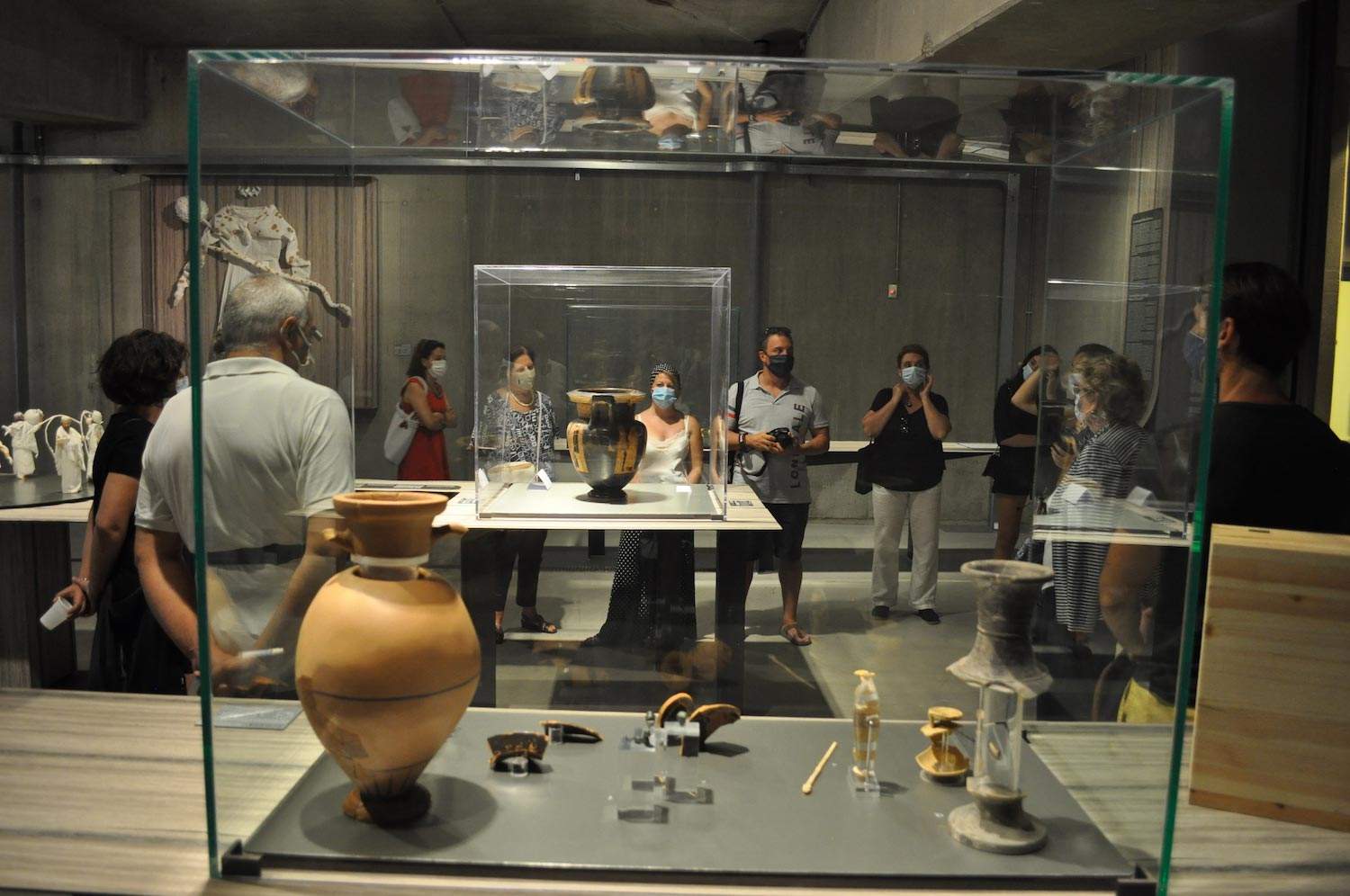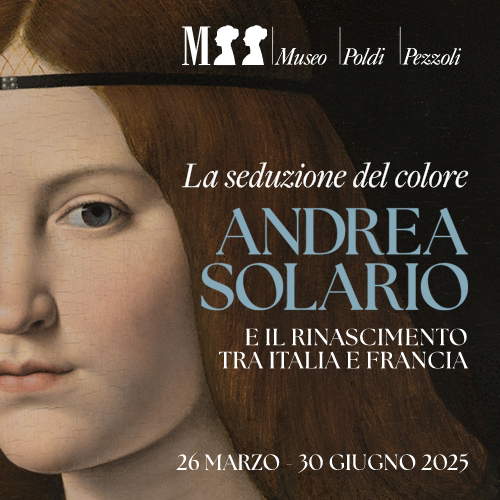Tuscany's small museums to Franceschini: mandatory booking for us is a sentence
Mandatory weekendreservations are a doom for small museums: this is the message that the museum systems of Tuscany have delivered to the minister of culture, Dario Franceschini. As is well known, with the recent reopenings of museums as of April 26, the obligation to make reservations on Saturdays, Sundays and holidays (reservations to be made online or by phone at least 24 hours in advance) has also been triggered: however, the measure that is supposed to ensure anti-Covid security also risks turning away potential visitors and causing heavy economic damage to museums. And Tuscany’s museum systems are already the second to argue this: already this week, ICOM Italy also wrote to Minister Franceschini to point out how damaging and counterproductive the reservation requirement on holidays and pre-holidays is.
Small museums, after all, did not risk overcrowding even in the pre-Covid era, consequently there would be no risk. And so here is the appeal to Minister Franceschini to review the rules and procedures for reopening museums in so-called “yellow” zones. Marco Capaccioli, vice-president of the National Association of Memory Houses, with the president of the Maremma Museums, Irene Lauretti, and Alessandro Ricceri, president of the Sienese Museums Foundation, are therefore spokespersons for a petition shared by 12 other networks and museum systems in Tuscany, precisely in the wake of what has already been expressed by ICOM Italy, which in its open letter had raised numerous doubts highlighting how “the quota measures provided [....], already put in place last year by museums, are sufficient to avert the transmission of the COVID 19 virus and that therefore exceptions to the mode of compulsory advance booking can be considered, if the number of those booked is less than the maximum number of people who can be present at the same time in the museums, monuments or archaeological areas.”
According to the small museums, it is obvious that the rule of compulsory reservation (which is completely understandable for very crowded museum sites) seems superfluous for smaller entities, which are often located in historic villages and represent the true cultural fabric of the area. Here visitors are often occasional and for the most part unplanned; here they enter during an impromptu Sunday outing, perhaps decided at the last moment. Moreover, under current rules, the museum that had no reservations would have to remain closed, risking sending the wrong message of poor security or even disservice to any rejected visitors.
“The problem of overcrowding that this rule seeks to avert did not arise in the pre-Covid era and we doubt it would manifest itself any more now,” the museums write in their letter to Franceschini. “Needless to point out how this formula disincentivizes the majority of visitors, mostly casual, who decide to enter a museum on the spot, strolling through that hamlet perhaps during a Sunday outing decided in the morning after checking the weather or simply their own commitments, rather than scheduling entry the dayprevious. Apparently, the museum that had no reservations should also remain closed. And what feeling might the well-disposed visitor have when faced with that closure: of a disservice (which in fact is not such)? Of an unsafe condition? Of a further estrangement from our audiences with whom we will already struggle to resume strengthening the relationship? Animated by the desire to restart work that has been suspended for months, if we want to commit ourselves to return to offering the usual service to our visitors, we must change the paradigm: compulsory booking in advance condemns us to welcoming only a few sporadic visitors, when it does not amount to remaining closed.”
“Added to this,” the small museums continue, “is the further bitterness towards museum professionals, already deeply debased like many colleagues in the cultural sphere, and above all the managing entities that find themselves having to presumably schedule overnight the attendance shifts of their operators, who are already precarious, underpaid and have been laid off for months, and victims in turn of this mechanism. Although we all agree with the rationale of the rule, aimed at ensuring the safety of museum staff and visitors, we nevertheless remain doubtful about its necessity in the case of small museums (and others) and the correct interpretation of it. It is unclear, in fact, whether a museum that is open on weekends in unbooked time slots incurs a crime, or whether a visitor who enters without due advance notice is liable to prosecution. In order to be able to do their noble work of spreading knowledge, educating about heritage and supporting the hopefully virtuous circuit of other economic chains in the area, museums are otherwise forced to circumvent the law by entering false reservations and recommending ambiguous suggestions to their visitors.”
Small museums are therefore pushing for exceptions to the mandatory reservation rule to be introduced based on the number of people booked: if a certain threshold is not reached, it will therefore be possible to visit the museum without a reservation. “This would mean,” the museums conclude, “guaranteeing continuous opening on weekends, rationally managing attendance with respect to visiting shifts or room capacity, while still avoiding the risks of crowding but also leaving those same rooms empty or poorly attended and visitors frustrated and dissatisfied. Certain that hospitality and accessibility are indispensable values for our museums and cultural institutes, we in turn hope as soon as possible, therefore, for a rectification of the measure in the indicated direction.”
Photo: Centro di Documentazione Etrusco di Frassinello - Maremma Museums
 |
| Tuscany's small museums to Franceschini: mandatory booking for us is a sentence |
Warning: the translation into English of the original Italian article was created using automatic tools. We undertake to review all articles, but we do not guarantee the total absence of inaccuracies in the translation due to the program. You can find the original by clicking on the ITA button. If you find any mistake,please contact us.



























